When SHTF, you need a good survival economic collapse plan to pull through. Understanding basic economics prepares you for the worst.
Let’s find out what not to do when experiencing an economic crisis.
RELATED: Ways To Prepare For Economic Collapse | 12 Things You Should Do
16 Fool-Proof Survival Economic Collapse Tips
The Don’ts of Survival Economic Collapse
1. Become A Consigner
During an economic crisis, the risk of consigning loans is higher. Borrowers are less likely to make payments on time, if at all.
Consigners have no choice but to take responsibility for paying off loans. The safest practice is to avoid becoming a consigner when the economy is bad.
2. Risk Your Discharge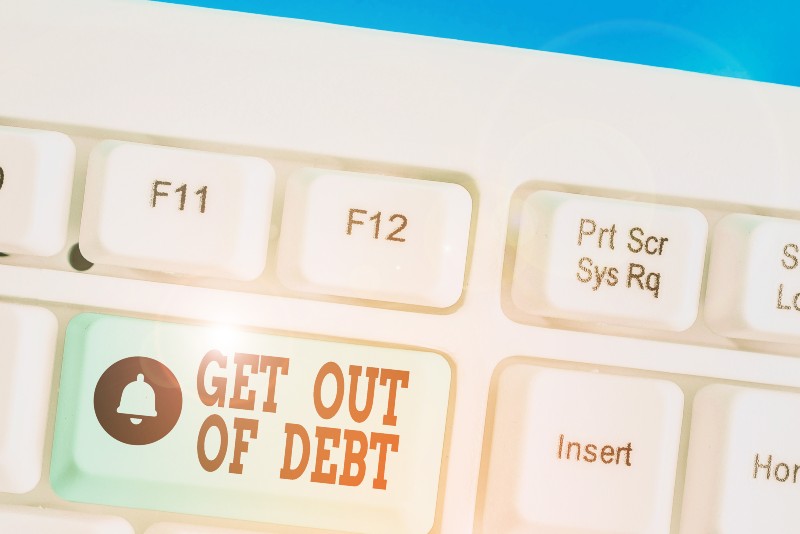
When the economy goes south, debtors may qualify for a debt discharge. But, fraudulent activities such as deceiving one’s creditor are grounds for disqualification.
Loss of a debt discharge during an economic collapse is a financial nightmare for a debtor. You can avoid jeopardizing your discharge by complying with the Bankruptcy Code § 727.
3. Choose Adjustable-Rate Mortgage
As interest rates go lower, credit requirements also become stricter during a recession. This makes choosing an adjustable-rate mortgage risky.
If for instance, you lose your job, late or non-payment of interest will hurt your credit ratings. Obtaining loans will become more difficult in the future.
Choosing a lower fixed rate is a better option provided you have a good credit rating.
4. Not Focus on Super Creditors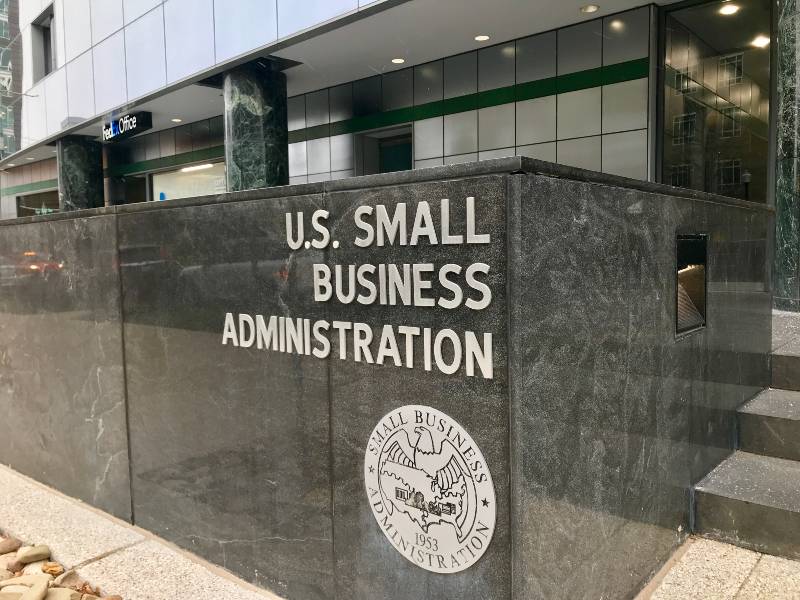
Super creditors include the Small Business Administration and the state tax authorities. You cannot discharge these creditors even when you file bankruptcy.
Make sure that you pay them first before everyone else. Failing to do so will have a negative effect on your application for a loan when you needed it most.
5. Not Identify Assets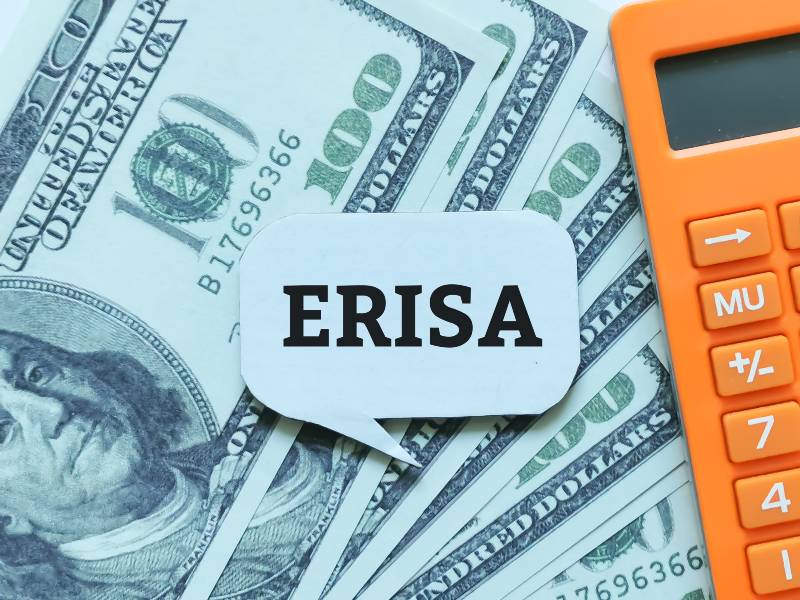
There are laws that protect some assets in bankruptcy. These may vary from state to state.
The Employee Retirement Income Security Act of 1974, for example, protects pension plans. Some debtors though, use pension money to pay off dischargeable debt.
To avoid this mistake, make sure to identify assets that you should focus on.
5. Excel at Your Job
Under financial pressure, employers have no choice but to cut down operational expenses. This means your job becomes vulnerable so take good care of it.
Do everything you can to gain a favorable opinion from your employer. Be always on time and increase your productivity.
Take your performance to the next level! This increases your chance to stay on the payroll.
6. Live an Unsustainable Lifestyle
An unsustainable lifestyle is living beyond your means. Its effect hurts most in times of economic crisis.
The key to reverse this lifestyle is by living a simple sustainable life. Learn to live with less and you will experience less stress.
Try to live without credit. Stop spending on things that you don’t need.
7. Not Downsize Your Business Fast
Declining demand is a direct effect of an economic collapse. Failure to downsize your business during a financial turmoil is a fatal error.
Downsizing means cutting down expenses to stay ahead of the cutthroat competition. You need to adapt fast to a changing economic climate.
Downsizing could also mean scaling down on employment and business space. These are hard decisions to make to survive.
8. Make More Debt
On the brink of bankruptcy, people have to borrow money. They think debt is necessary to save a dying business.
In most cases, this desperate move is bad. What’s the point of spending more money on a losing business?
You should learn when to quit. Incurring more debt will only sink you deeper into financial quicksand. Sometimes, it is wise to stay still.
RELATED: Economic Collapse: All Signs Point South?
The Do’s of Survival Economic Collapse
1. Identify Early Warning Signs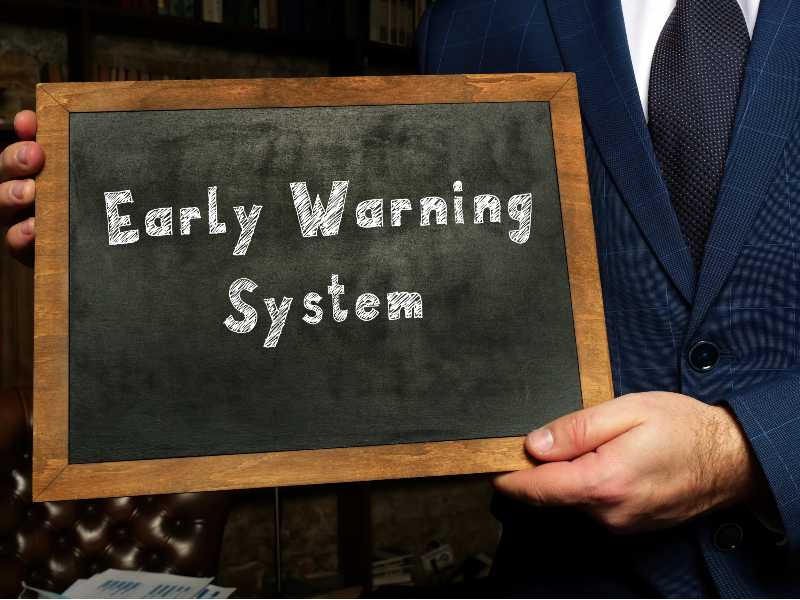
Early warning signs of an impending economic collapse are not that hard to spot. The key to identifying these red flags is by learning simple economics.
There are endless sources that could help you with these. You can watch financial news as well as other online sources about the economy.
Effective survival plans for an economic collapse start with understanding basic economics. It helps you come up with the best possible solutions to safeguard your financial health.
2. Cut Personal Guarantees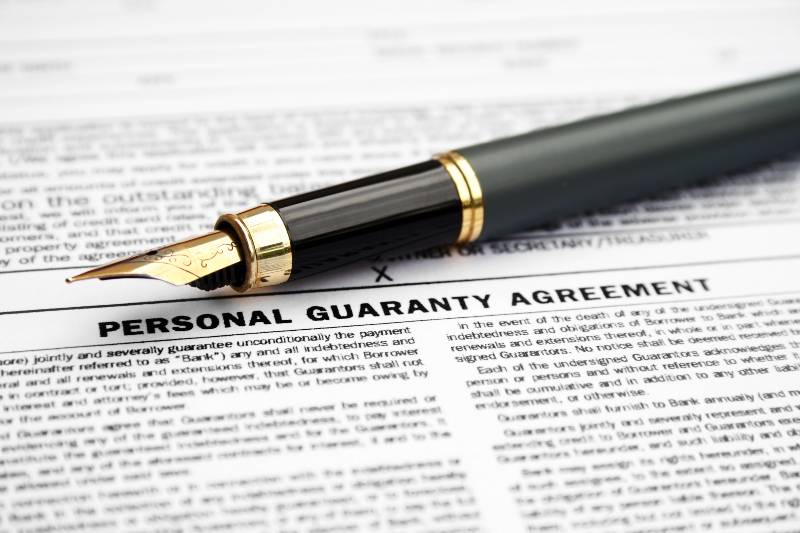
Most non-consumer bankruptcies result from personal guarantees. Due to financial pressure, debtors tend to put up collateral for loans they can’t pay off.
There is no easy way to get rid of personal guarantees but to buy it out. It’s either you sell some properties to raise money to pay off loans or lose your assets forever.
3. Accumulate Cash
When dealing with creditors, a cash offer is better than any long-term pay-off scheme. Having cash also gets you better settlement terms.
You can accumulate more cash by selling your assets when the market value is still high. Liquidate your assets while the economy is still favorable for sellers.
This gives you better chances of building up a cash position to deal with creditors in the future.
4. Build an Emergency Cash Fund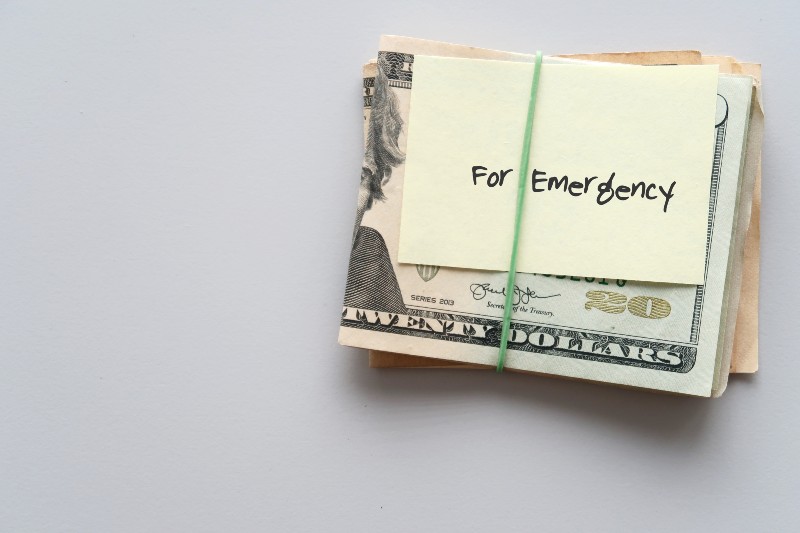
An emergency fund is your SHTF fund. It is your last resort during an economic collapse.
This is cash that you saved from your monthly income. You put it in your savings account and not in credit.
With an emergency fund, you will have enough financial buffer to get out of an economic slump. Or, if worse comes to worst, money to land you a job abroad.
5. Reduce Your Expenses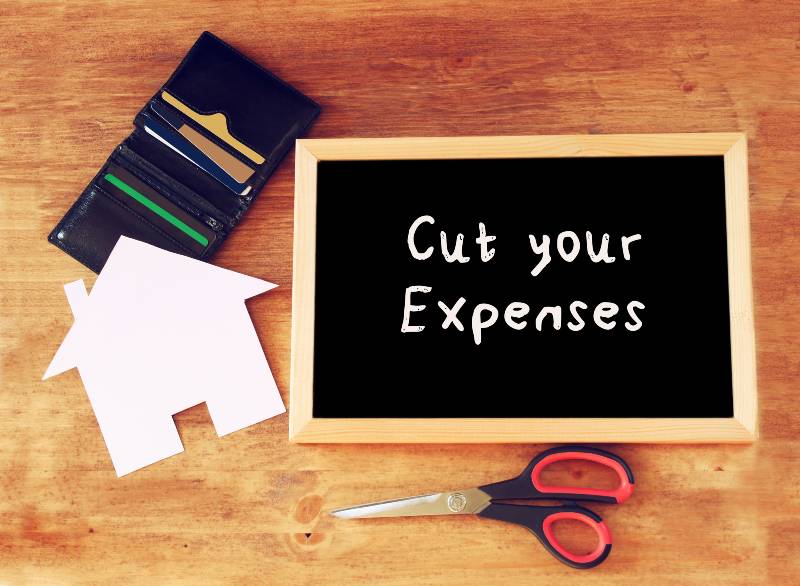
Don’t wait until the economy becomes bad to cut down your expenses. Think ahead and do it now! Build up your savings as early as possible.
There are many ways that you can reduce your expenses. Here are some of those:
- Save gas by combining all your car trips.
- Remove non-essential cable and phone services.
- Move closer to work to reduce gas expenses.
- Use sustainable energy sources like solar power.
- Grow your food.
6. Settle Your Taxes
Incurring huge tax debts makes your finances more vulnerable during an economic collapse. Apart from ordinary creditors, the IRS is out there to get you.
No matter what happens in your life, make sure that you pay your taxes on time. It’s either this or the prospect of going broke.
7. Diversify Income Source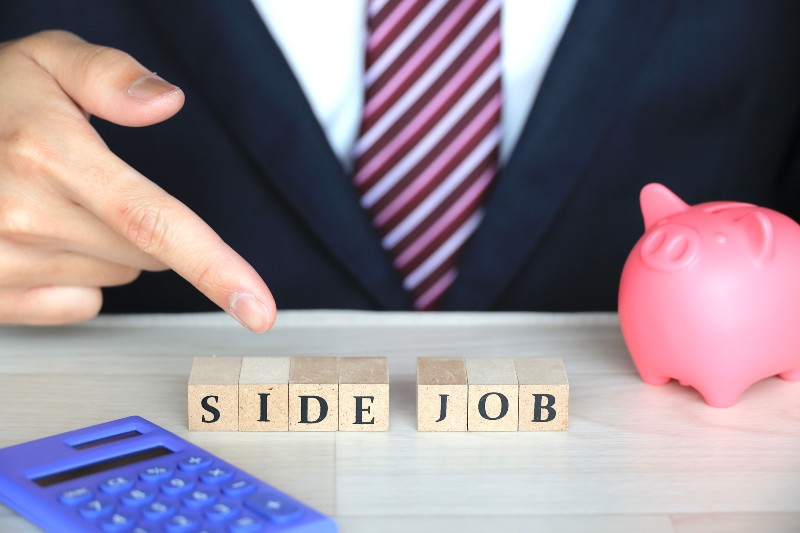
A solid solution to withstand an economic downturn is business diversification. Seeking alternative sources of income enables you to establish a collapse-proof financial foundation.
With the availability of online business opportunities, you can come up with ways to earn. You can sell merchandise, offer online services or even earn by vlogging on YouTube.
8. Stock on Essential Supplies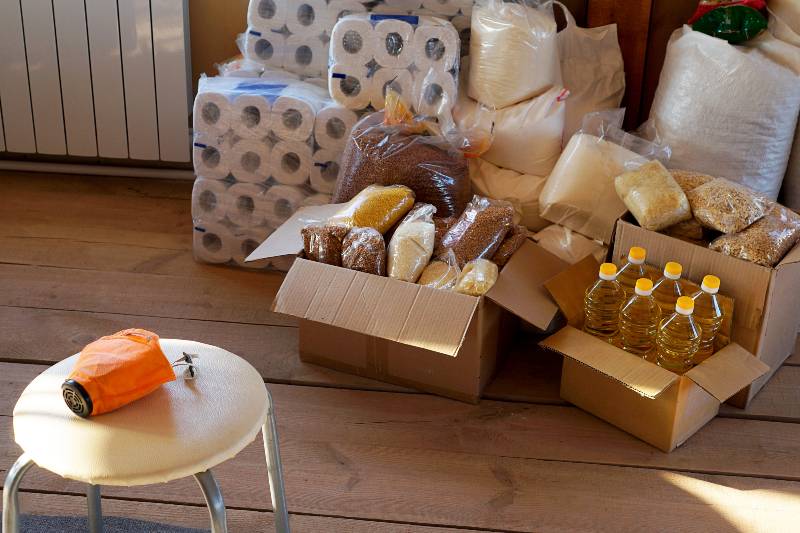
An excellent way to withstand a bad economy is by investing in essential supplies. These include food, medicine, hygiene items, and livelihood tools.
The supplies that you need are those that are necessary to sustain life. Since an economic downturn has no timeline, your home must be well-supplied.
Need more info on how to deal with U.S. economic collapse? Check this awesome vid by The FinanceValueGuy:
In an economic system driven by profit, a crisis is inevitable. It is a reality that we must expect and face. With a good grasp of the survival economic collapse principles, you can get by.
Note: There is a poll embedded within this post, please visit the site to participate in this post’s poll.
How do you plan to survive an economic collapse? We would like to know your moves in the comment section below!
Up Next:
- Prepping for Financial Collapse
- Protecting Your Money In An Economic Decline
- 8 Steps To Surviving A Sudden Loss Of Job During The Pandemic
Calling all preppers, craftsmen, bushmasters, outdoorsmen, and all-around skilled people, Survival Life needs YOU! Click here if you want to write for us.
Don’t forget to stay connected with us on Facebook, Twitter, Pinterest, and Instagram!

